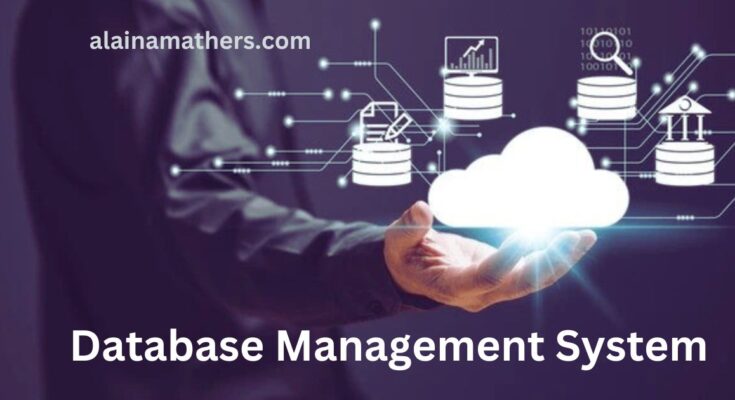Selecting the appropriate database management system is critical to your company’s success. However, this can be complicated, especially with many available options.
When selecting a database software solution, businesses must consider their current needs and future scalability. They must also evaluate whether the chosen product is compatible with their existing systems.
Cost
Choosing the right DBMS can be a costly endeavor. You must consider how many human and tech resources you can dedicate to its implementation and ongoing management. This can include a database designer, software engineers, data architects, knowledge-transfer sessions and training, arranging support contracts, or hiring additional domain specialists. This consideration is particularly pertinent for organizations like Tribal Software, where meticulous planning and resource allocation are crucial for effective DBMS deployment.
Relational databases contain data items and their relationships in tables with rows and columns. The database schema imposes certain integrity constraints, including primary and foreign keys, to ensure the data remains accurate and trustworthy. Regular audits and data validation routines further fortify the trustworthiness of the database.
Relational databases are simple and centralized, allowing users to navigate large data sets with unique IDs. This can help save companies time and money by reducing redundancy. It can also streamline processes by eliminating duplicate work,
Reliability
Data reliability is a complex metric critical to many organizations’ success. It ensures that business intelligence can be analyzed and used to make strategic decisions. It is also crucial for reducing risk and enabling leaders to meet short- and long-term goals.
Choosing the suitable database model depends on the type of data your organization stores and how it needs to be accessed.
Another consideration is how to handle disaster recovery and data corruption. A good DBMS should have high availability and partition tolerance, which can prevent data loss during system failure or natural disasters. In addition, it should have a built-in failover mechanism that can automatically transfer data from one server to another without downtime.
Scalability
When choosing a database, consider whether it is scalable enough to accommodate future data growth. It should be capable of handling millions of records, with good fault tolerance and support for stored procedures, views, and triggers. Additionally, it should be easy to work with
A relational database is the best choice for web applications and other software systems that require pre-defined, accurate data. These databases are often used for ERP and CRM systems, banking apps, and enterprise software.
You may need to choose a non-relational database depending on the data type. Security
In addition to cost, businesses must also consider the security measures needed to protect their data. This is important for both physical risks and the risk of data breaches caused by hacking or unintentional errors. The right database management system must ensure that only authorized users can access sensitive information.
The type of data stored in a database also affects its security. Relational databases can store the relationships between data in a structured way, making them ideal for applications requiring accuracy and consistency. Non-relational databases, such as key-value stores, offer faster performance but sacrifice consistency and security.
Choosing the right database management system for your business can be difficult, but it’s essential to consider all the factors involved. You’ll need to consider the DBMS type, platform compatibility, data backup and recovery solutions, costs associated with setup and maintenance, and future scalability needs.
Conclusion
In conclusion, choosing a suitable relational database management system (DBMS) is crucial for a company’s success. With many options available, assess current needs and future scalability, ensuring compatibility with existing systems. Cost considerations are significant, covering both initial setup and ongoing maintenance and support contracts, especially for organizations like Tribal Software. Meticulous planning and resource allocation are crucial for effective deployment in such cases.
Furthermore, data reliability, scalability, and security are non-negotiable factors in the choice of a DBMS. Structured, centralized storage in relational databases facilitates data integrity and trustworthiness, efficiently handling large datasets, reducing redundancy, and streamlining processes. However, preferences may shift towards non-relational databases for specific data types, despite potential compromises in consistency and security. In navigating this complex decision-making process, a comprehensive evaluation of DBMS type, platform compatibility, backup solutions, costs, and scalability needs is imperative for businesses.



